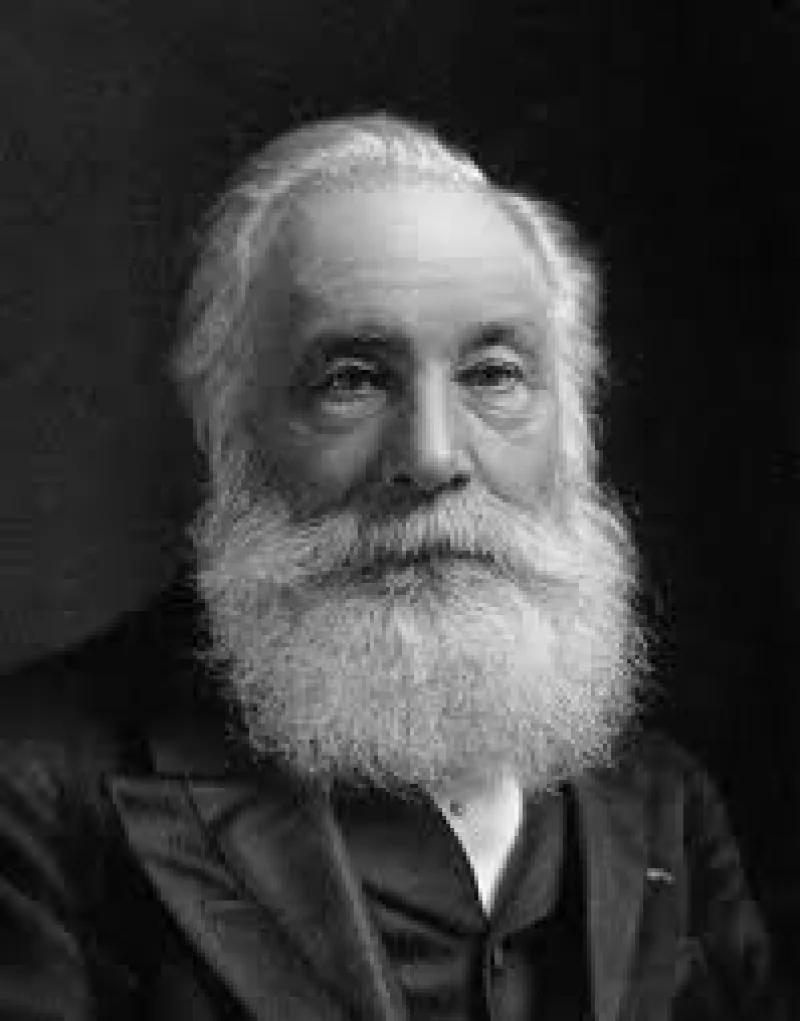Short Summary
Blaise Pascal was a French mathematician, physicist, inventor, philosopher, and writer known for his significant contributions to the fields of mathematics and science. He is renowned for Pascal's Triangle in mathematics, his work on the principles of fluid mechanics, and the invention of an early mechanical calculator. Pascal's philosophical writings, particularly "Pensées," have also had a profound impact on religious and existential thought. His interdisciplinary work has left a lasting legacy, making him a pivotal figure in both the scientific and philosophical communities.
Early Life & Education
Blaise Pascal was born on June 19, 1623, in Clermont-Ferrand, France. He was the third of four children in the Pascal family. His father, Étienne Pascal, was a local judge and tax collector who took a keen interest in his children's education, particularly Blaise's. In 1631, the family moved to Paris, where Blaise was educated by his father. Despite having no formal schooling, Pascal showed an early aptitude for mathematics and science. His father introduced him to leading intellectuals of the time, such as René Descartes, nurturing his intellectual growth. Blaise's early exposure to advanced mathematical concepts laid the groundwork for his future achievements.
Career Highlights
Pascal's career was marked by significant contributions to mathematics and the physical sciences. In 1642, he invented the Pascaline, an early mechanical calculator designed to assist his father with tax calculations. His work in mathematics led to the development of Pascal's Triangle, which has applications in probability theory and combinatorics. In physics, he made vital contributions to the study of fluid mechanics and pressure, culminating in Pascal's Law of fluid equilibrium. Later in life, Pascal turned his focus to philosophy and theology, writing "Pensées," a collection of thoughts on religion and human nature that remains influential.
Major Achievements
- Invention of the Pascaline: An early mechanical calculator that demonstrated a practical application of mathematical principles.
- Pascal's Triangle: A mathematical tool used in probability theory and combinatorics.
- Pascal's Law: A principle of fluid mechanics that laid the foundation for the study of hydraulics.
- Publication of "Pensées": A philosophical work exploring the nature of human existence and faith.
Famous Quotes
- "The heart has its reasons, which reason knows nothing of."
- "All of humanity's problems stem from man's inability to sit quietly in a room alone."
Interesting Facts
- Pascal suffered from poor health throughout his life, which influenced his philosophical reflections on the human condition.
- He was a child prodigy, completing a treatise on conic sections at the age of 16.
- Pascal's work in fluid dynamics contributed to the development of the hydraulic press.
- Despite his scientific achievements, Pascal experienced a religious conversion and became a devout Catholic.
- He engaged in a famous wager argument for belief in God, known as "Pascal's Wager."
Legacy / Influence
Blaise Pascal's work has had a lasting impact on both science and philosophy. His contributions to mathematics and physics laid the groundwork for future developments, including the study of probability and fluid dynamics. Philosophically, "Pensées" continues to be a key text in existential and religious thought. His interdisciplinary approach and profound insights have inspired countless thinkers and scientists, cementing his legacy as a pioneer in multiple fields.
FAQ
Q: Why is this person famous?
A: Because of his contributions to mathematics, physics, and philosophy, including Pascal's Triangle, Pascal's Law, and his philosophical work "Pensées".
Q: What is Pascal's Wager?
A: It is a philosophical argument positing that it is in one's best interest to believe in God, considering the potential gains and losses.
Q: What did Pascal invent?
A: He invented the Pascaline, an early mechanical calculator, and contributed significantly to the study of fluid mechanics.
Q: How did Pascal influence philosophy?
A: His work "Pensées" explores themes of faith, human nature, and existentialism, influencing religious and philosophical thought.












